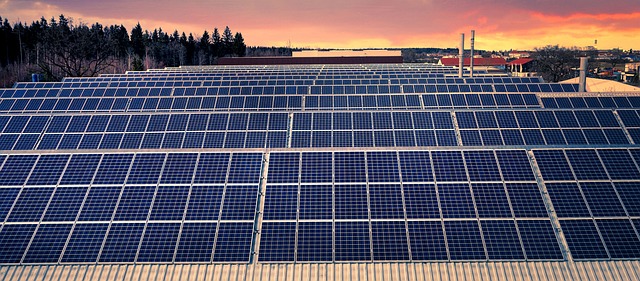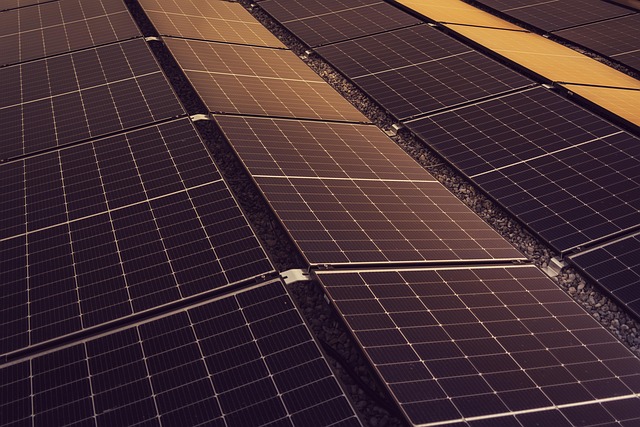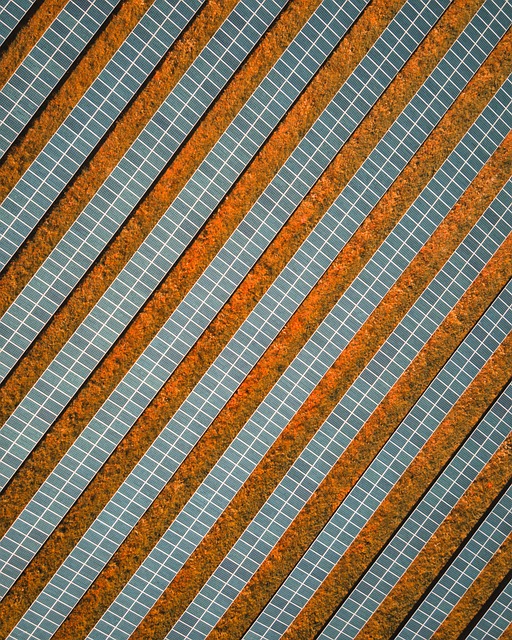In the digital age, eco-friendly features like energy-efficient appliances, solar panels, water conservation, and low-impact materials are gaining prominence in real estate. These attract environmentally conscious buyers and renters, increase property values, and offer long-term cost savings. Marketing sustainable properties with high-quality visuals and transparent disclosures is key for real estate agents. Eco-friendly buildings provide stability, growth potential, and lower operational costs, making them a lucrative investment. Early adoption of green building practices offers a competitive edge in the evolving eco-conscious real estate industry.
In today’s environmentally conscious market, enhancing a property’s eco-friendly reputation is key to its success. This article explores the strategies behind showcasing and marketing sustainable real estate features to attract eco-minded buyers. We delve into understanding the value of green properties and the long-term advantages for investors. By implementing these tactics, real estate professionals can capitalize on the growing demand for environmentally responsible living spaces.
Understanding Eco-Friendly Features in Real Estate

In today’s digital era, eco-friendly features are becoming increasingly important in real estate. When considering a property, buyers and renters are looking for sustainable practices that contribute to a healthier environment. Key eco-friendly features in real estate include energy-efficient appliances, renewable energy sources like solar panels, water conservation systems, and materials with lower environmental impacts during production and disposal. These features not only enhance the property’s reputation but also offer long-term cost savings for occupants.
Understanding these eco-friendly elements is crucial for both property owners and potential buyers. For owners, incorporating sustainable practices can increase property values and attract a wider range of tenants or buyers who prioritize environmental responsibility. For prospective residents, recognizing these features allows them to make informed decisions about where they live, ensuring their homes contribute positively to the local and global ecosystem.
Marketing Green Properties to Captive Buyers

In today’s digital era, real estate buyers are increasingly conscious of their environmental impact and actively seek out eco-friendly properties. Marketing green properties effectively to capture these discerning buyers involves highlighting sustainable features and practices in a compelling manner. Real estate agents and property managers can showcase energy-efficient appliances, renewable energy sources like solar panels, water conservation measures, and materials with low environmental impact.
Additionally, emphasizing the broader ecological benefits of the property’s location—such as proximity to green spaces, public transportation, or renewable energy hubs—can further enhance its eco-friendly reputation. Potential buyers are captivated by properties that align with their values, and effectively communicating these aspects through high-quality visuals, detailed descriptions, and transparent disclosures can significantly attract a captive audience interested in real estate with a reduced carbon footprint.
Long-Term Benefits of Sustainable Property Investments

Investing in sustainable properties offers long-term benefits that go beyond immediate financial gains. In the real estate sector, eco-friendly buildings are becoming increasingly valuable as environmentally conscious buyers and tenants seek out properties with reduced environmental footprints. These investments not only contribute to a greener planet but also provide stability and potential for growth.
Sustainable properties often boast lower operating costs due to energy-efficient systems, better insulation, and smart design. Additionally, they can attract higher rents and command premium prices in the market. As regulations and green building standards evolve, early adopters of sustainable practices may gain a competitive edge, ensuring long-term success and profitability in an increasingly eco-conscious real estate landscape.






